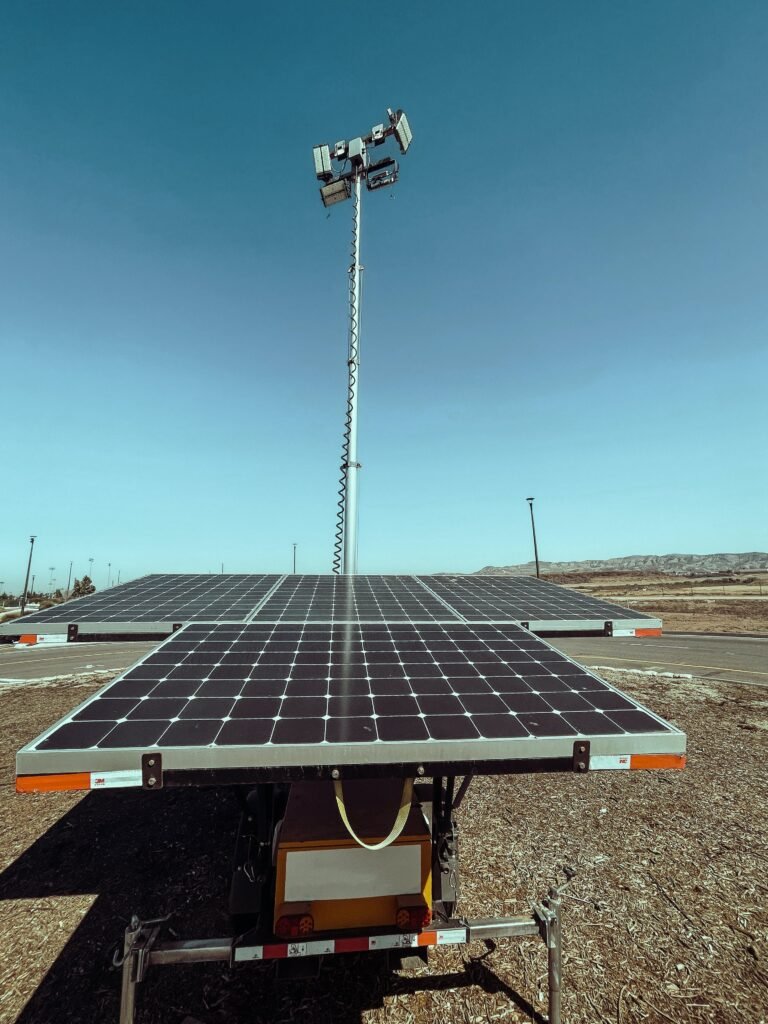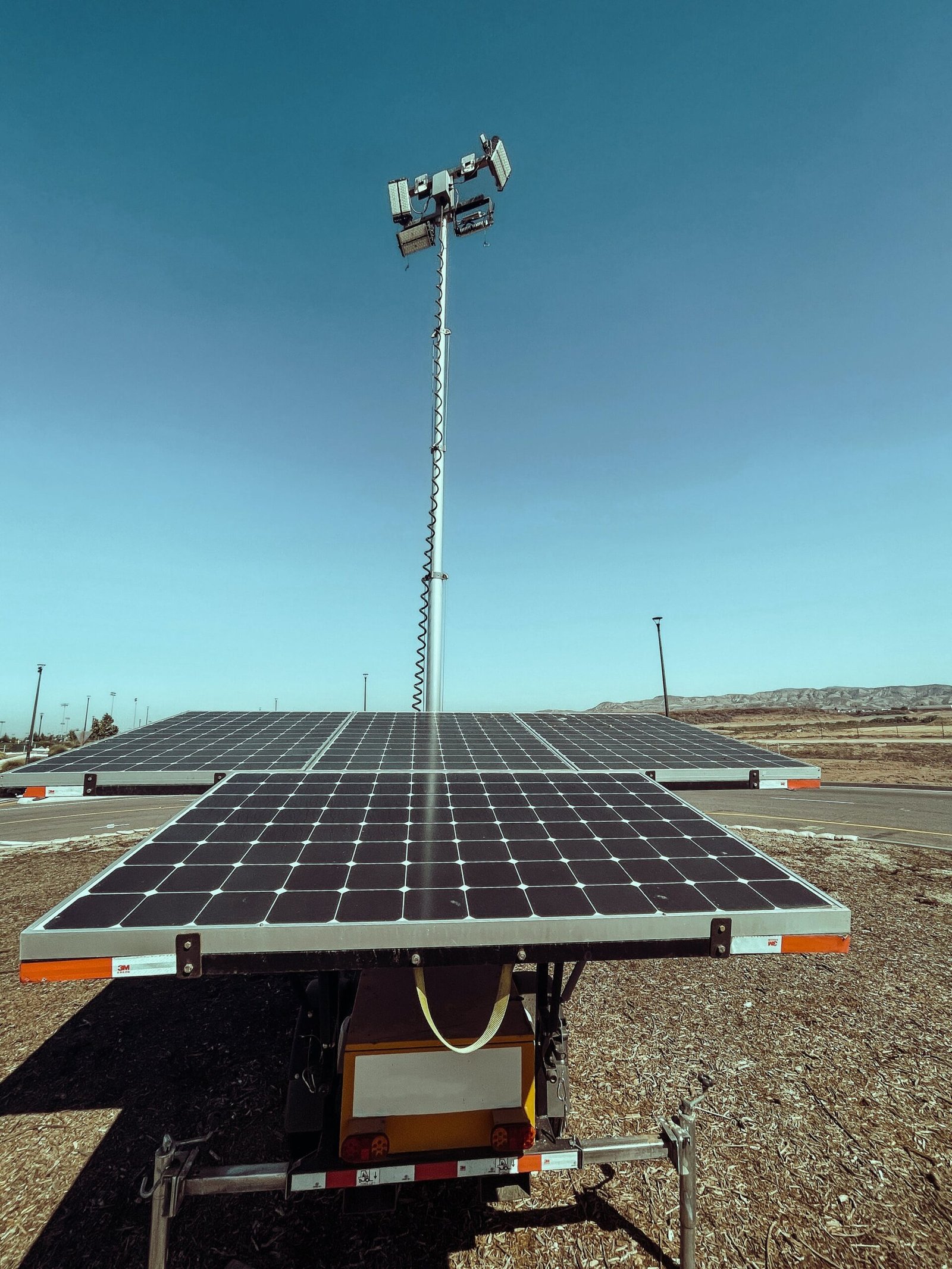Are you torn between choosing an electric or gas fireplace heater? Look no further, as this article will explore the pros and cons of both options, helping you make an informed decision. Whether you prioritize convenience, ease of use, or cost-effectiveness, we’ll delve into the intricacies of electric and gas fireplace heaters, decoding the technology behind them. By the end of this article, you’ll have a comprehensive understanding of the advantages and disadvantages of each type, allowing you to select the perfect fireplace heater for your needs.
Cost
Initial cost
When considering the cost of a fireplace, both electric and gas options have different initial costs. Electric fireplaces tend to have a lower upfront price, as they don’t require a gas line installation or chimney. Gas fireplaces, on the other hand, require professional installation and the cost of running a gas line, making them generally more expensive to install initially.
Operation cost
In terms of ongoing operation cost, electric fireplaces have the advantage. They are generally more energy-efficient and use less electricity compared to gas fireplaces, resulting in lower energy bills over time. Gas fireplaces, on the other hand, rely on natural gas or propane, which can be more costly depending on the current price of fuel in your area.
Heating efficiency
When it comes to heating efficiency, both electric and gas fireplaces can effectively warm up the room. However, gas fireplaces tend to provide a more consistent and powerful heat output. The flames produced in gas fireplaces can produce radiant heat, which can quickly warm up a space. Electric fireplaces use a heating element to warm the air, which may take slightly longer to achieve the desired temperature.
Installation
Electric fireplace installation
Installing an electric fireplace is generally easier and less time-consuming compared to gas fireplaces. Electric fireplaces can simply be plugged into an existing electrical outlet, eliminating the need for professional installation and specialized permits.
Gas fireplace installation
Gas fireplaces require professional installation to ensure that the gas lines are properly connected and that the unit is safely vented. This installation process can be more complex and may require additional construction work, such as creating a chimney or venting system.
Ventilation requirements
Electric fireplaces do not require any ventilation systems since they do not produce smoke or harmful gases. On the other hand, gas fireplaces require proper ventilation to remove any combustion byproducts, such as carbon monoxide, from the room. This ventilation system ensures safety and maintains good indoor air quality.

This image is property of images.pexels.com.
Maintenance
Electric fireplace maintenance
Electric fireplaces are relatively low-maintenance compared to gas fireplaces. They do not require regular cleaning or inspection of gas lines and chimneys. The main maintenance requirement for electric fireplaces is to keep the unit clean from dust and debris and periodically check the electrical connections.
Gas fireplace maintenance
Gas fireplaces require more maintenance than electric fireplaces due to the gas-fueled mechanisms. This includes regular cleaning of chimneys and gas lines, as well as inspections to ensure that there are no leaks or malfunctions. It is recommended to have a professional technician perform annual maintenance on gas fireplaces for optimal safety and efficiency.
Cleaning requirements
Electric fireplaces typically only require occasional dusting and wiping down the exterior with a soft cloth. Gas fireplaces, on the other hand, may require more extensive cleaning, including removing and cleaning the glass doors and logs, as well as clearing any debris from the chimney or venting system. Regular cleaning ensures that the fireplace operates efficiently and maintains its aesthetic appeal.
Heat Output
Electric fireplace heat output
Electric fireplaces are designed to provide supplemental heat to a room rather than being the primary source of heating. They offer a range of heat settings, allowing you to choose the desired temperature. However, the heat output may be limited compared to gas fireplaces, especially in larger spaces or during extremely cold weather.
Gas fireplace heat output
Gas fireplaces are known for their high heat output and ability to quickly and efficiently warm up a room. They can produce both radiant heat and convective heat, making them ideal for larger spaces or for heating an entire home. Gas fireplaces often have adjustable heat settings, allowing you to control the warmth based on your preference.
Control over heat levels
Both electric and gas fireplaces offer control over the heat levels. Electric fireplaces typically have adjustable thermostats or heat settings, allowing you to choose the desired temperature. Gas fireplaces often come with remote controls or wall-mounted thermostats, providing convenient control over the heat output and making it easier to maintain a comfortable environment.

This image is property of images.pexels.com.
Environmental Impact
Electric fireplace environmental impact
Electric fireplaces are considered more environmentally-friendly compared to gas fireplaces. They produce zero emissions, as they do not burn any fuel or release any harmful gases into the environment. Additionally, electric fireplaces do not require the extraction and transportation of fossil fuels, reducing their overall carbon footprint.
Gas fireplace environmental impact
Gas fireplaces, while not as environmentally-friendly as electric fireplaces, can still be more efficient and cleaner than traditional wood-burning fireplaces. However, they do produce some emissions, including carbon monoxide and nitrogen dioxide. It is important to ensure proper ventilation and regular maintenance to minimize the environmental impact of gas fireplaces.
Carbon footprint
In terms of carbon footprint, electric fireplaces have a lower impact. Since they do not burn fossil fuels, they do not contribute to greenhouse gas emissions. Gas fireplaces, while cleaner than wood-burning options, still rely on natural gas or propane, which are fossil fuels. The carbon footprint of gas fireplaces depends on the source and extraction methods of the gas used.
Safety
Electric fireplace safety
Electric fireplaces are generally considered safe due to their cool-touch exteriors and absence of open flames. They do not produce any smoke, ashes, or fumes, reducing the risk of accidental fires or carbon monoxide poisoning. However, it is important to follow the manufacturer’s instructions, avoid overloading electrical outlets, and keep flammable materials away from the unit.
Gas fireplace safety
Gas fireplaces require proper installation to ensure safety. They should be professionally installed, and the gas lines should be checked for leaks regularly. Gas fireplaces produce real flames, so there is a potential risk of burns or accidental fires. It is crucial to keep flammable items away from the fireplace, ensure proper ventilation, and have functioning carbon monoxide detectors in the area.
Risk of gas leaks
Gas fireplaces carry a higher risk of gas leaks compared to electric fireplaces. It is essential to have regular professional inspections and maintenance to detect and prevent any leaks. Gas leaks can be dangerous and pose a fire hazard, so it is important to install a carbon monoxide detector and ensure proper ventilation to minimize the risk of gas leakage accidents.

This image is property of images.pexels.com.
Convenience
Electric fireplace convenience
Electric fireplaces offer convenience in terms of installation, operation, and maintenance. They can be easily installed in any room with an electrical outlet, and most models come with remote control options for hassle-free operation. Electric fireplaces also eliminate the need to handle and store fuel, making them more convenient for everyday use.
Gas fireplace convenience
Gas fireplaces require professional installation and the availability of a gas line. However, once installed, they are convenient to use as they offer immediate and consistent heat. Gas fireplaces often come with remote control options, allowing you to adjust the heat settings easily. They also provide an authentic flame experience, similar to traditional wood-burning fireplaces, without the effort of gathering and storing firewood.
Remote control options
Both electric and gas fireplaces can come with remote control options, adding to their convenience factor. Remote controls allow you to adjust the heat levels, flame intensity, and even the color of the flames (in the case of electric fireplaces). This convenience enhances the overall experience of using a fireplace and makes it easier to customize the ambiance to your liking.
Design Options
Electric fireplace design options
Electric fireplaces offer a wide range of design options to suit various home decors. They come in different sizes, shapes, and styles, including wall-mounted, freestanding, and even built-in options. Electric fireplaces also offer customization features such as adjustable flame settings, LED lighting, and the ability to change flame colors, giving you the flexibility to match your preferred design aesthetic.
Gas fireplace design options
Gas fireplaces also provide a variety of design options. They can be installed as traditional fireplace inserts or as freestanding units. Gas fireplaces offer different choices for the look of the logs, flame patterns, and even the appearance of burning embers. Additionally, you can choose from various finishes and materials for the fireplace surround, allowing you to customize the design according to your preferences.
Customizability
Both electric and gas fireplaces offer customization options, allowing you to personalize the appearance and functionality of your fireplace. From adjusting flame intensity and colors to selecting different designs and finishes, you can customize your fireplace to complement your home decor and create the desired ambiance. This ability to customize adds to the overall appeal and enjoyment of having a fireplace.
Availability and Accessibility
Availability of electric and gas fireplaces
Both electric and gas fireplaces are readily available in the market. They can be purchased from various retailers, both online and in physical stores. However, it is important to research and compare different brands and models to ensure you choose a high-quality fireplace that meets your specific needs and preferences.
Accessibility to power and gas supply
When deciding between an electric or gas fireplace, it is essential to consider the availability of power and gas supply in your location. Electric fireplaces only require access to an electrical outlet, which is usually readily available in most homes. Gas fireplaces, on the other hand, require access to a gas line, so it is essential to ensure a reliable gas supply is accessible and that the necessary permit for installation can be obtained.
Varied options in the market
Both electric and gas fireplaces offer a wide range of options in the market, providing consumers with ample choices. From different sizes and styles to various features and price ranges, there is something to suit every preference and budget. It is recommended to explore different options, read reviews, and consult with professionals to find the right fireplace for your needs.
Resale Value
Electric fireplace resale value
Electric fireplaces, while popular and sought after by some homeowners, may not significantly impact the resale value of a property. They are often seen as more of a decorative and supplemental heating feature rather than a primary heating source. However, a well-maintained and aesthetically appealing electric fireplace can still add visual appeal to a space and potentially attract buyers who appreciate the convenience and ambiance it offers.
Gas fireplace resale value
Gas fireplaces can have a more significant impact on the resale value of a property. They are often considered a desirable feature by homebuyers as they provide both aesthetic and practical benefits. A functioning and well-maintained gas fireplace can enhance the overall value of a home, particularly in colder regions where fireplaces are highly valued for their heating capabilities and cozy ambiance.
Impact on property value
While both electric and gas fireplaces can add value to a property, gas fireplaces tend to have a more significant impact on property value. Potential buyers often seek homes with gas fireplaces due to their ability to provide a reliable heat source and their traditional charm. When considering the resale value of your home, it is essential to weigh the costs of installation and maintenance against the potential increase in property value.




